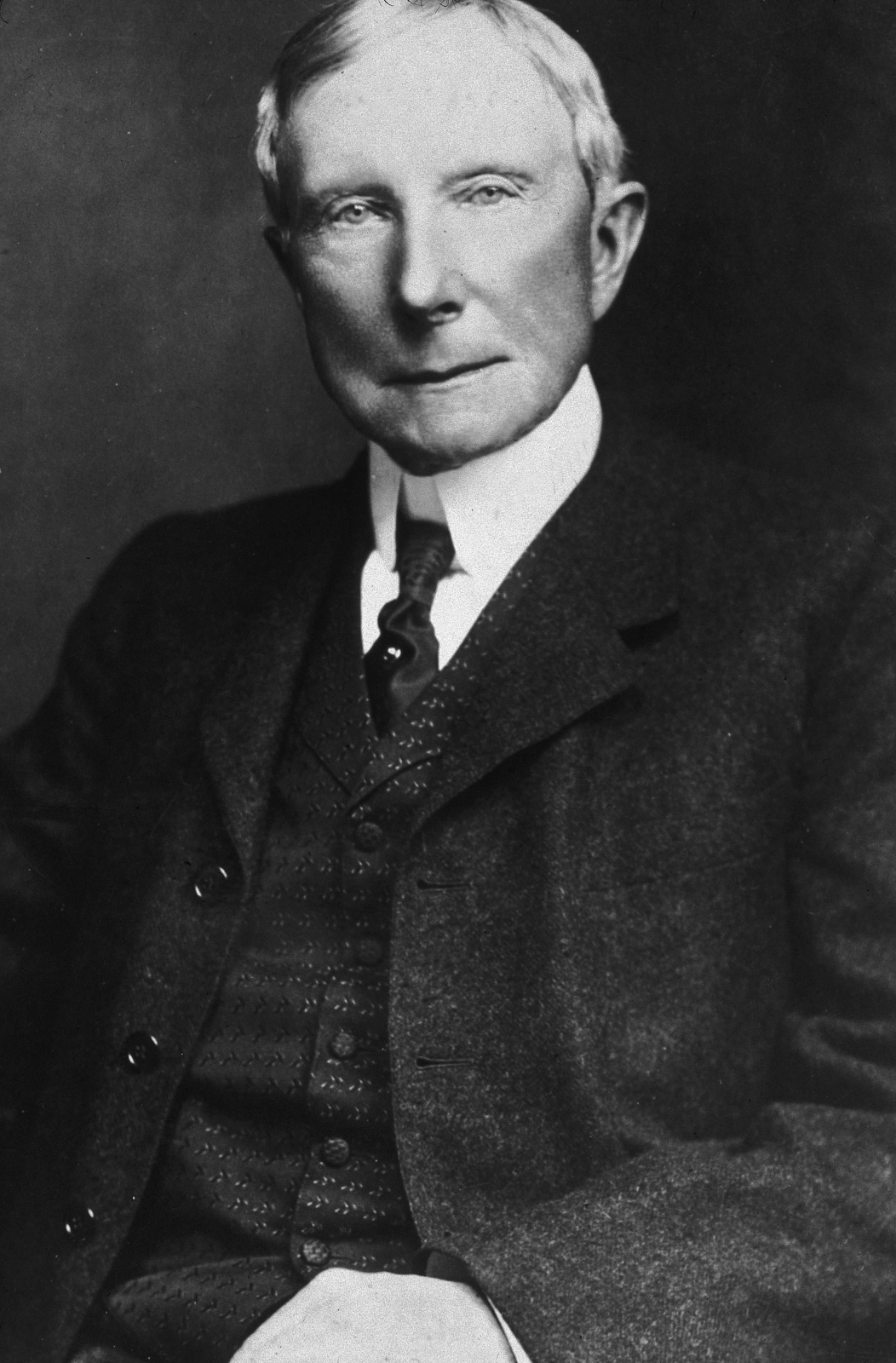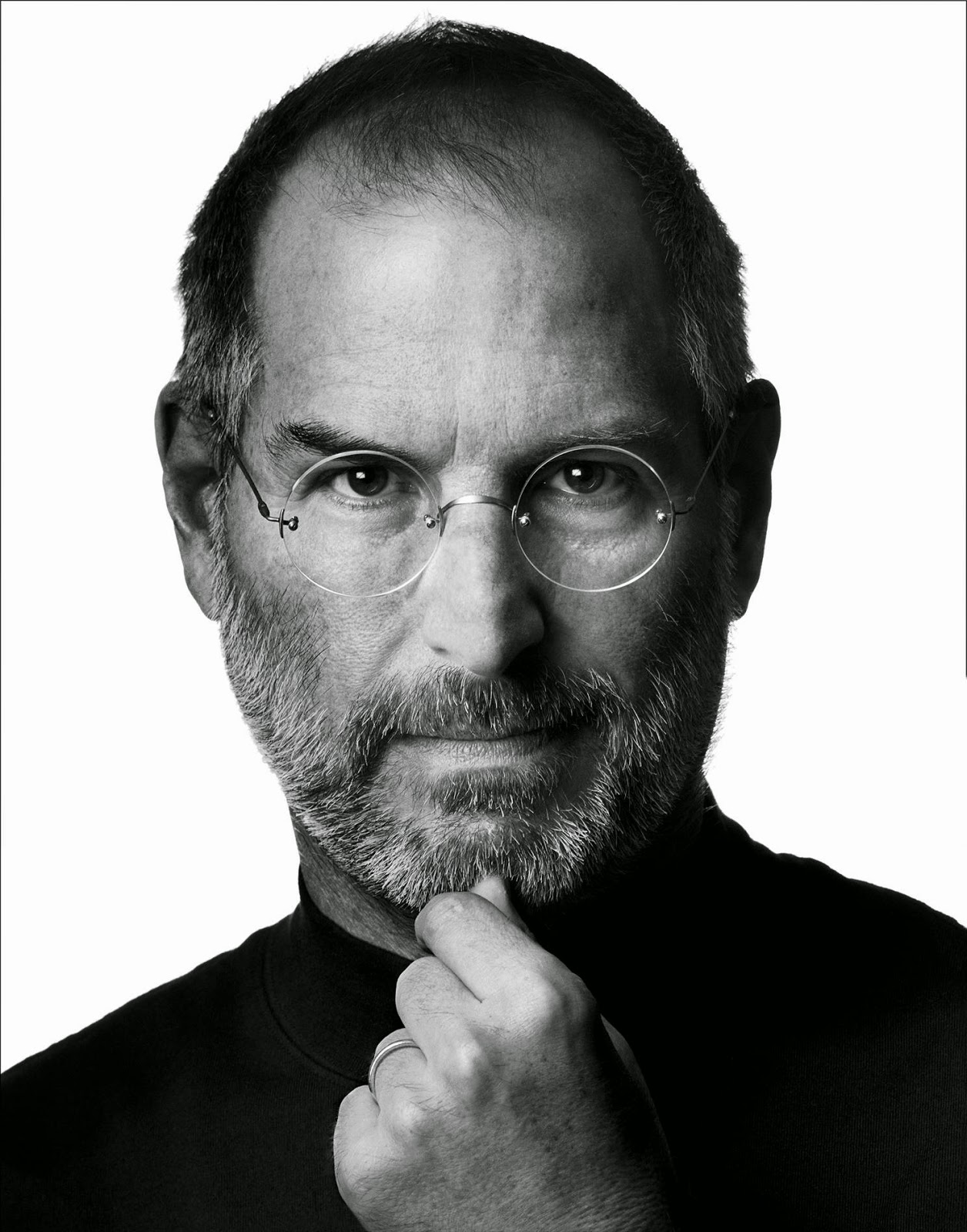Paul Krugman writing in the New York Times talked about the dignity of labor. Conservative Republicans, he said, have no respect for work as an intrinsic value – ennobling and essential for mind and spirit – but only as a functional means to an end necessary for free enterprise, individual liberty and freedom from government intervention.
It is elitist and patronizing, Krugman said to assume that millions of people don’t want to work and simply find the dole easier and generous. Those who do work don’t work hard enough, say conservatives; and there is no reason to subsidize them with government compensation which they have not earned, such as a working wage, health care, and public education.
Krugman felt that this conservative attitude is arrogant, insular, and immoral. Work is an absolute value and public resources should be found to guarantee it for all. Human dignity is dependent on work (intrinsic, absolute value) and on living a comfortable if not prosperous life.
Conservative belief in work as part of a social construct – not as an ennobling, dignifying element of human enterprise – is derived from the early Enlightenment thinking of the Founding Fathers and found its voice in the antebellum period of the 19th century. Free Labor was the principle on which the United States was founded – that is, every man had the right to the rewards of his own toil – and slavery distorted that basic concept.
Today work is still important as Free Labor was over a century ago, for it allows individuals to rise and prosper and to contribute indirectly to the nation. Krugman is wrong to criticize Republican conservatives for their views, for they are consistent with our founding precepts.
Paul Krugman and his colleagues of the far Left are inheritors of this socialist belief in the inherent and inviolate dignity of work. They are children of the American Labor movement, of Samuel Gompers, Eugene Victor Debs, the United Mine Workers, and the American Railway Union; and they are throwbacks to that era. They are as passionately supportive of workers today as the early trade unionists were over a hundred years before. Krugman feels the indignity of today’s minimum wage workers who struggle to feed their children, and rages at the One Percent capitalists who extort, manipulate, and destroy workers to enrich themselves and their ever-expanding corporations.
As a final dismissive insult to successful businessmen, Krugman laughs at the premise that the One Percent contribute more than their share to the common weal.
In fact, the people who seem least inclined to respect the efforts of ordinary workers are the winners of the wealth lottery. Over the past few months, we’ve been harangued by a procession of angry billionaires, furious that they’re not receiving the deference, the acknowledgment of their superiority, that they believe is their due. For example, last week the investor Sam Zell went on CNN Money to defend the 1 percent against “envy,” and he asserted that “the 1 percent work harder. The 1 percent are much bigger factors in all forms of our society.” Dignity for all!
This, of course, is nonsense. The very wealthy do not keep their millions under the mattress, but invest it, thus providing the capital for new enterprise, economic growth, and millions of new jobs. Krugman dismisses the idea that the One Percent work harder, equating only sweat with value. The work of blue-collar worker, fitting doors on Fords on a Detroit assembly line, has a higher intrinsic value than that of a commodities broker who buys and sells shares worth billions; or an investment banker who brokers mergers and acquisitions making way for corporate profit and increased, higher-value employment.
There is a good reason why an executive at Goldman Sachs, or the CEOs of Google, Microsoft, Yahoo, and Facebook make tens of millions of dollars in salaries, stock options, and benefits. Each one of these companies enables hundreds of thousands of others to make money, to employ workers, and to strengthen the economic base of America. It is the aggressive competition between and among these high-powered companies, and the savvy drive of their executives which cut costs, increase productivity and quality.
There is no nobility in the work of either the lathe-operator or the Silicon Valley executive. One is simply more valuable than the other. The door-fitter at the Memphis Toyota plant can be replaced by a hundred more like him. Melissa Meyer, Steve Jobs, or Mary Barra, CEO of General Motors who has guided her company to profitability and economic health after years of decline and near extinction, are worth their salaries and then some.
In other words there is a relative value of work, not an intrinsic one. There is no dignity, nobility to it. It is a means to an end, and the marketplace assigns value to it.
Krugman then turns his attention to what he calls the indignity of poorly-paid, under-compensated work. Why should wealthy corporate executives have high salaries, generous benefits, and social privileges? The inequality between the rich and the working poor is intrinsically immoral. Not only should we try to raise the economic standards of the poor, but we should lower those of the wealthy.
Economic data do not back up this idealistic claim. There is no evidence, for example, that during the recent recession the diminished wealth of the top earning Americans increased wealth on the bottom. There was no transfer of wealth, no structural reform, no progressive realignment of capital and labor. Everybody lost money, some more than others.
For many a lessening of income differences simply feels good There is something wrong with some Americans who play golf at Pebble Beach, vacation on St. Bart’s, and have summer homes on the Vineyard while tens of millions of others live in double-wides, shop at the Dollar Store and Piggly Wiggly, and spend Saturday nights at the bowling alley.
Krugman attacks conservatives for their belief that most welfare programs should be drastically reformed, reducing the rolls to only those who cannot work. Yet even a cursory glance at the welfare system in America reveals not just minor inefficiencies but gross misjudgment, waste, and fraud. A savvy woman with no job, no husband, and three children can receive tens of thousands of free taxpayer-supported benefits .
1995, the Cato Institute published a groundbreaking study, The Work vs. Welfare Trade-Off, which estimated the value of the full package of welfare benefits available to a typical recipient in each of the 50 states and the District of Columbia. It found that not only did the value of such benefits greatly exceed the poverty level but, because welfare benefits are tax-free, their dollar value was greater than the amount of take-home income a worker would receive from an entry-level job...
Welfare benefits continue to outpace the income that most recipients can expect to earn from an entry-level job, and the balance between welfare and work may actually have grown worse in recent years.
The current welfare system provides such a high level of benefits that it acts as a disincentive for work. Welfare currently pays more than a minimum-wage job in 35 states, even after accounting for the Earned Income Tax Credit, and in 13 states it pays more than $15 per hour. If Congress and state legislatures are serious about reducing welfare dependence and rewarding work, they should consider strengthening welfare work requirements, removing exemptions, and narrowing the definition of work (Tanner and Hughes, Cato Institute, White Paper, 2013)
It is ironic if not amusing to watch academics like Krugman attack work at the same time as they praise it According to them work – i.e. real, sweat-of-the-brow, honest, hard labor (not the unearned income labor of Wall Street) – has value only when one chooses it. If welfare recipients are required to work for their benefits; or worse, if conditionalities are imposed on them (e.g. financial aid decreases with additional dependent children, not increases), they are being patronized, disrespected, and demeaned.
Once again, the concept of dignity is irrelevant. The goal of lawmakers is to improve the lot of all Americans – to facilitate the wealth-generating activities of the most entrepreneurial; and to raise levels of income and earned benefits of the poor. Everyone, at least in principle, wants to see a universally productive, growing America; and no one wants to waste valuable tax dollars. No one is happy with the high poverty rates in the country; nor the struggles of the working poor. A wealthier, more productive America is a stronger, more competitive, and politically viable republic.
How we achieve this more productive state is another question. There are those like Paul Krugman who still side with Chekhov, Strindberg, and the idealists of the Russian Revolution; but there are far more who reject moralism whether in the form of the intrinsic value of work or Christian charity (don’t ask questions of the poor, just give to them). They are the practical reformers who have no political or philosophical axes to grind.
The state, while in principle supposed to reflect the democratic wishes of the people it serves, rarely does. It is more often inefficient, overly partisan, self-serving, and ignorant. Work is not ennobling, it is just what makes life nasty, brutish, and short.
Finally Krugman ignores the one most salient fact of capitalism – the old equations valuing labor and capital will soon be obsolete. Economies are automating at an impressive rate. Trade is electronic, and soon there will be no need for brick-and-mortar stores. Banks will become obsolete as all transactions will be on line, data stored in the cloud, and accounts virtual. Agriculture is becoming highly intensive thanks to GMO crops, low-skilled burger flippers will eventually be replaced by central cookeries and fast, Papa John-type home delivery. Robotics are the future.
The old-fashioned unionized, factory labor idealized by Krugman will soon be a thing of the past. Technology will create new jobs faster than old ones are discontinued. Seven billion human beings have a growing and unstoppable demand for products that will enable them to thrive in a virtual world.
If we play our cards right America will be a leader in this economic revolution. We will never – thankfully – ever go back to the unionized days of yesteryear.







No comments:
Post a Comment
Note: Only a member of this blog may post a comment.